Specialty Dentistry
Thinking About Oral Surgery? Here’s What You Should Know
When most people hear “oral surgery,” their mind jumps to wisdom teeth removals or something that involves stitches and a very soft-food-heavy week. And while those things can be part of it, oral surgery actually covers a lot more than people expect. Whether you’ve been referred to an oral surgeon or you're just trying to understand what all the fuss is about, you’re not alone.
At Vartanian Dental Group, we get questions every day from patients wondering what exactly oral surgery is, why they need it, and whether or not it’s something to worry about. This blog covers some of the most common concerns and gives you a clearer picture of what to expect.
Let’s take the mystery (and maybe even a little of the anxiety) out of oral surgery.
What is considered oral surgery?
Oral surgery is a broad term that includes any surgical procedure done in or around your mouth and jaw, usually by a dental specialist. But that doesn’t mean it’s always complex or scary. In fact, many oral surgeries are outpatient procedures that take less than an hour.
So, what exactly falls under the oral surgery umbrella? Here are a few examples:
- Tooth Extractions: This includes everything from removing impacted wisdom teeth to extracting severely decayed or damaged teeth.
- Dental Implants: Placing a titanium post in the jawbone to replace missing teeth is considered oral surgery.
- Bone Grafting: If your jawbone isn’t thick or dense enough for a dental implant, a bone graft helps rebuild it.
- Jaw Surgery (Orthognathic Surgery): For patients with jaw misalignment that affects their bite or ability to speak and chew.
- Biopsies: When a suspicious lesion or lump is found in the mouth, an oral surgeon may remove a small sample for testing.
- Treatment of Facial Injuries: This includes repair of broken jaws, cheekbones, or other facial bones.
Even something like treating sleep apnea with certain surgical procedures can fall under this category. The key is that the procedure involves surgical intervention in the oral or maxillofacial area (mouth, jaw, and face).
In short, oral surgery can be as simple as a tooth extraction or as involved as reconstructive jaw surgery. What connects them all is the need for specialized skill and training to deal with hard and soft tissues in the mouth.
What does an oral surgeon do?
Oral surgeons, also known as oral and maxillofacial surgeons, are dental specialists who go through years of additional training after dental school. While your general dentist handles cleanings, fillings, and routine care, an oral surgeon is the expert you see when a problem goes deeper, literally.
Here's a breakdown of what an oral surgeon is trained to do:
- Surgical Tooth Extractions: Especially complex ones, like wisdom teeth removal or impacted teeth that haven’t erupted properly.
- Implant Placement: From evaluating the bone structure to performing bone grafts to placing the actual implant, they handle the full scope.
- Jaw Realignment Surgery: For patients who have difficulty biting, chewing, or speaking because of a misaligned jaw.
- Facial Trauma Repair: They’re often called in to help after accidents, managing injuries to the facial bones and soft tissues.
- TMJ Disorder Treatment: If conservative treatments don’t work, oral surgeons can perform procedures to relieve pain and restore jaw function.
- Oral Pathology: They’re trained to identify, biopsy, and treat cysts, tumors, and abnormal growths in the mouth or jaw.
And they don’t just “do surgery”—they also walk patients through pre- and post-op care, assess medical history to avoid complications, and work closely with other dental or medical professionals if needed.
If your dentist refers you to an oral surgeon, it’s usually because they’ve spotted something that requires that extra layer of training and precision. It’s not about passing the buck—it’s about making sure you’re in the best hands possible.
Is oral surgery dangerous?
This is probably the number one question patients ask. And it’s a valid one—after all, anything involving surgery comes with a bit of natural concern. But the short answer is: no, oral surgery is not considered dangerous when performed by a trained professional.
Like any medical procedure, there are risks, but they are rare and usually minor. Here’s a breakdown of what to expect:
1. Anesthesia Safety:
Most oral surgeries are done with local anesthesia, conscious sedation, or IV sedation, depending on the complexity of the procedure and your comfort level. Today’s sedation techniques are very safe and closely monitored, especially in a surgical setting.
2. Risk of Infection:
Infection is one of the most common risks, but even then, it’s relatively low. Your oral surgeon will usually prescribe antibiotics if there's any concern. Good post-op care—like keeping the area clean and following instructions—can prevent most issues.
3. Swelling and Discomfort:
Some swelling and pain after surgery are completely normal. These side effects are temporary and manageable with medication, cold compresses, and rest.
4. Rare Complications:
These might include excessive bleeding, dry socket (for extractions), or nerve damage. However, these are uncommon, and your surgeon will discuss any specific risks ahead of time based on your unique situation.
5. Healing Time:
Most patients bounce back quickly. For procedures like dental implants or extractions, you can usually return to normal activities in a few days, with full healing taking a few weeks to months depending on the procedure.
If you’re feeling nervous, remember this: you’re not alone, and we’re here to walk you through it. Oral surgeons do these procedures every single day—and at Vartanian Dental Group, we’ve seen how a little reassurance goes a long way.
What to Expect at Your Oral Surgery Appointment
Knowing what to expect helps reduce the nerves, so here’s a quick look at how a typical appointment goes:
- Consultation: Your oral surgeon will examine your mouth, take X-rays or scans, and talk through your options. They’ll explain the procedure in detail and answer any questions you have.
- Pre-Op Instructions: You’ll get a list of things to do (and not do) before surgery, like fasting if you’ll be sedated or arranging for someone to drive you home.
- Day of the Procedure: You’ll check in, receive anesthesia or sedation, and the procedure will be performed. Most appointments are quick and efficient.
- Recovery: You’ll be monitored for a bit before heading home with a full aftercare plan. We’ll send you home with tips and instructions tailored to your procedure.
- Follow-Up: Depending on the procedure, you might need to return for a check-up to ensure healing is on track.
You’ve Got Questions—We’ve Got the Team
No two mouths are the same, which is why every oral surgery plan at Vartanian Dental Group is tailored just for you. We believe in walking with you, not just performing a procedure and sending you on your way.
Whether you’ve been referred by your dentist, you’re experiencing pain that won’t go away, or you just want to learn more before deciding your next steps, we’re here to help.
Book a consultation with Vartanian Dental Group today and get answers straight from the experts. Oral surgery doesn’t have to be a mystery—it just takes a team who listens, explains, and genuinely cares about your comfort and results.


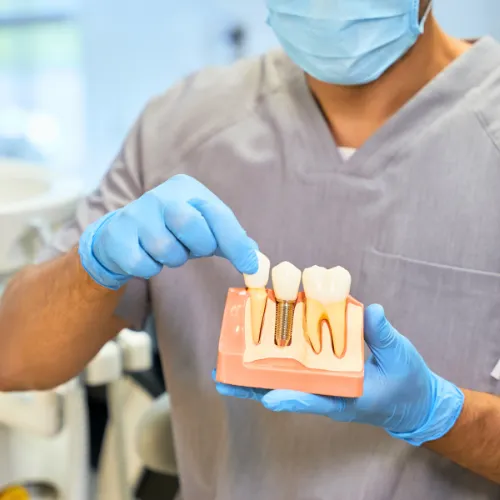

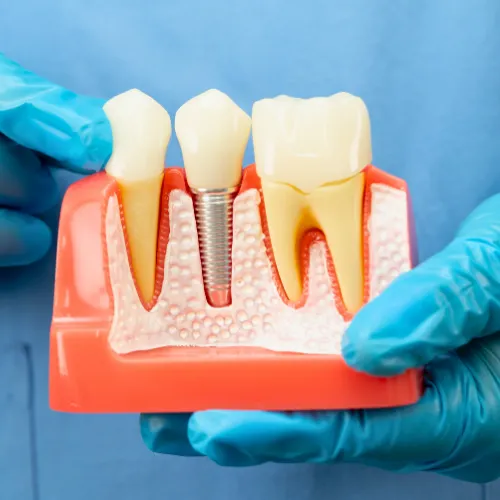
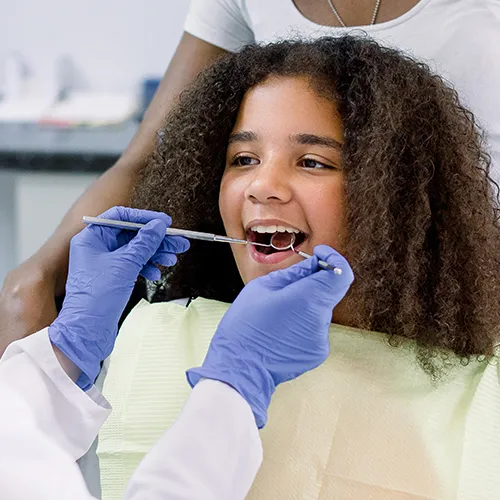
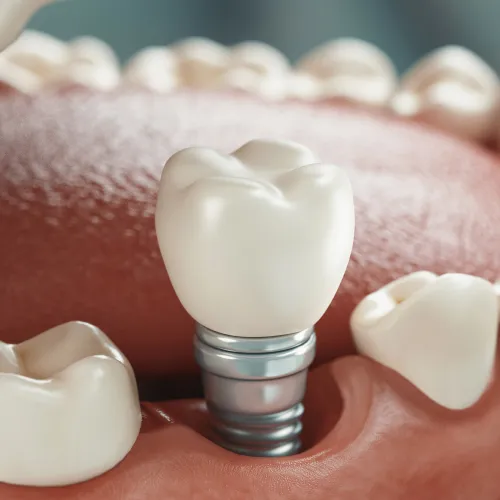
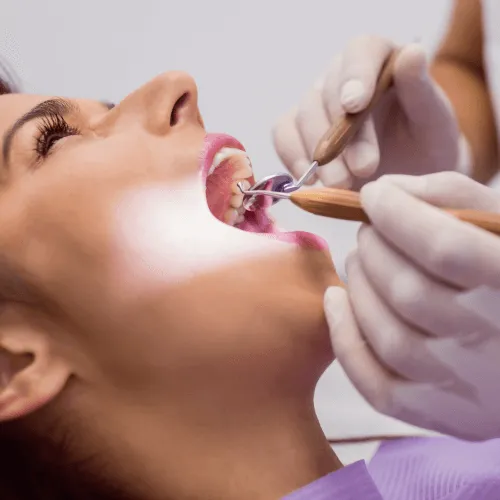
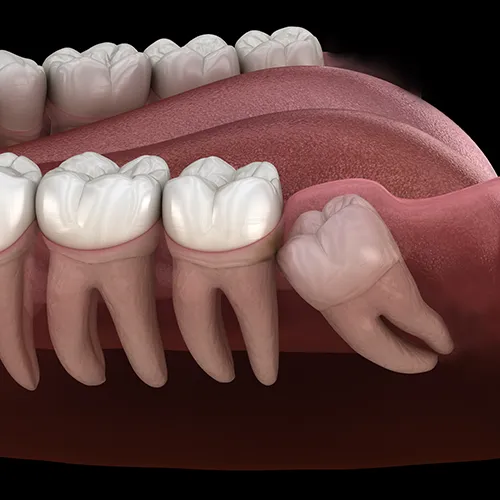



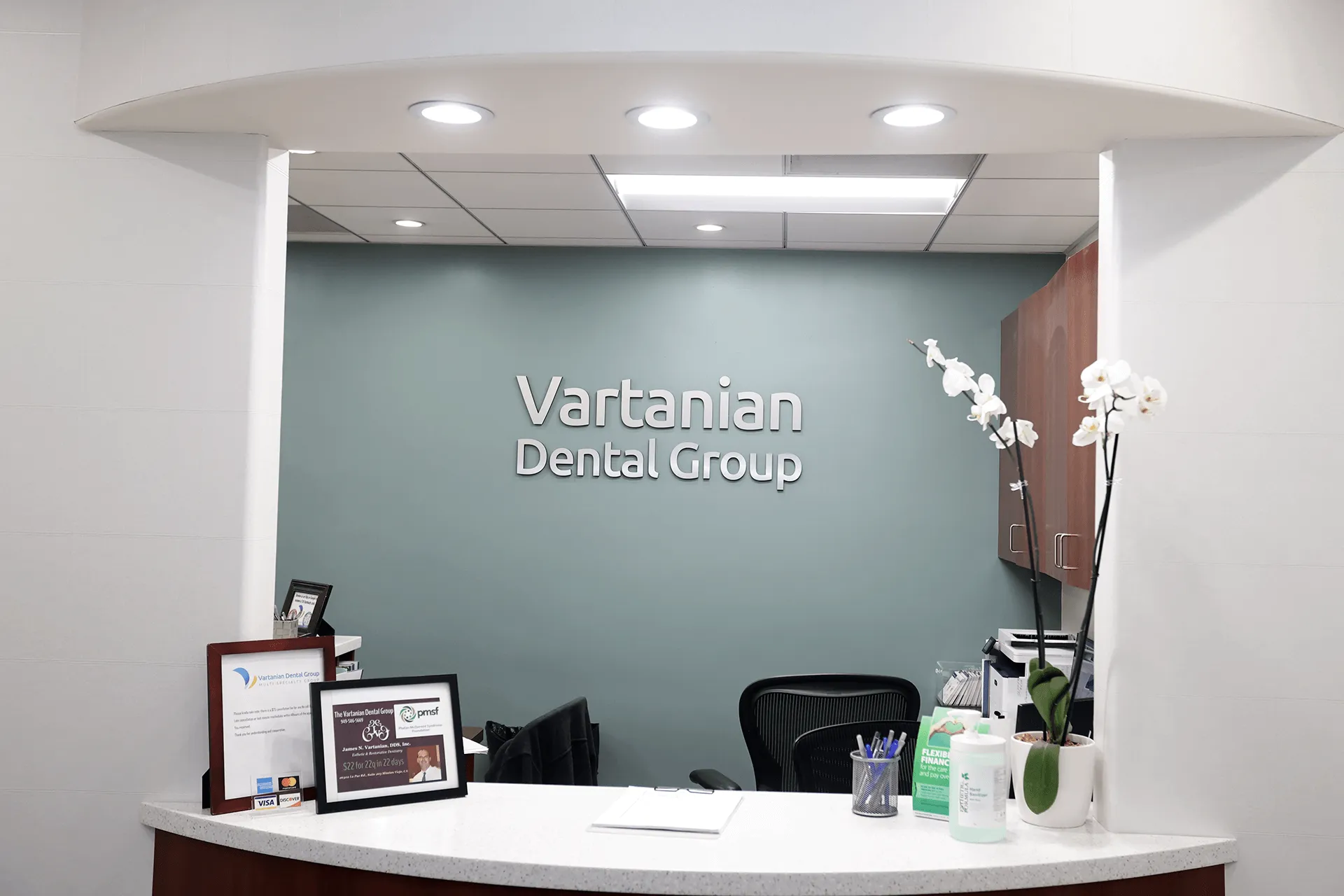
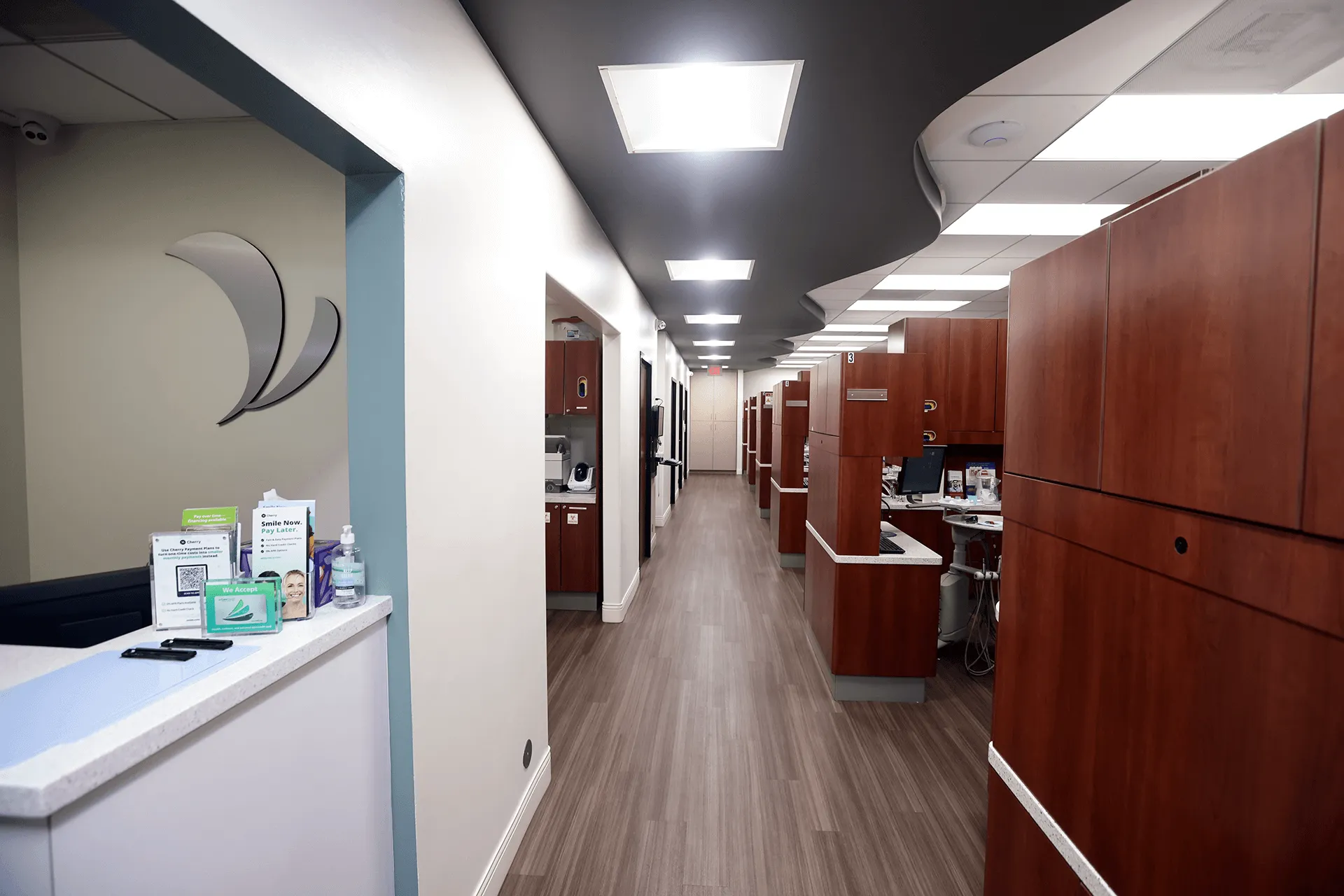
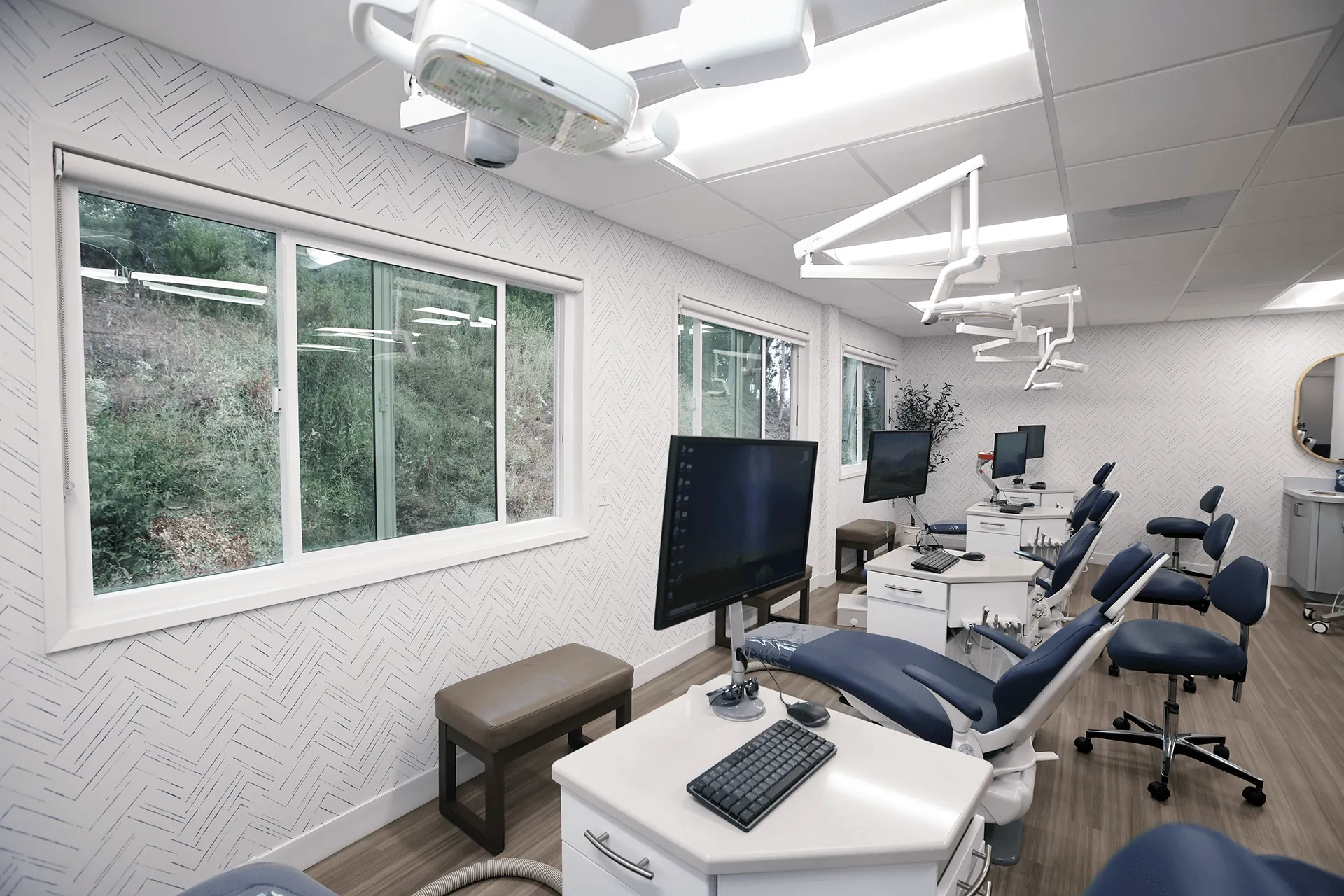
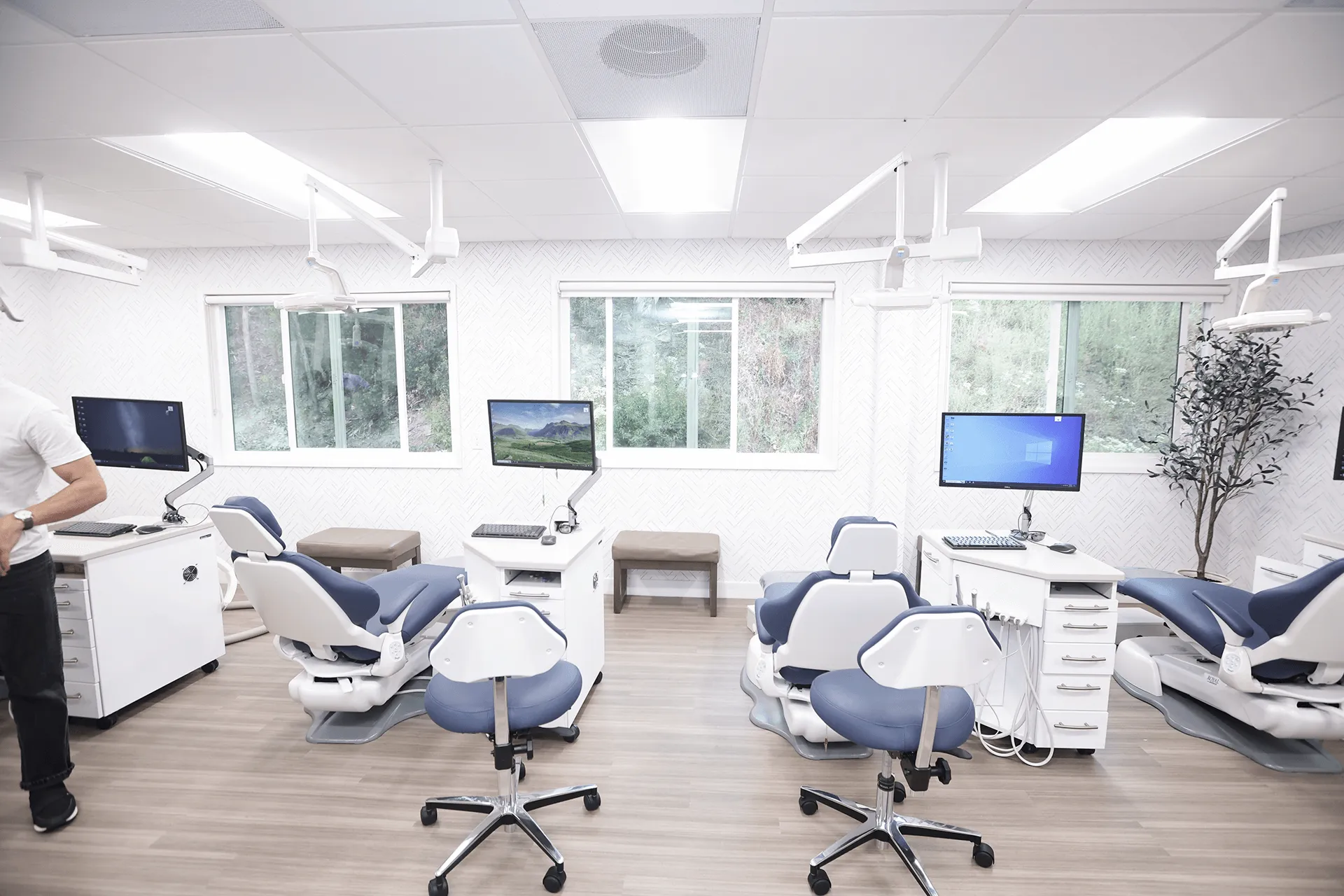
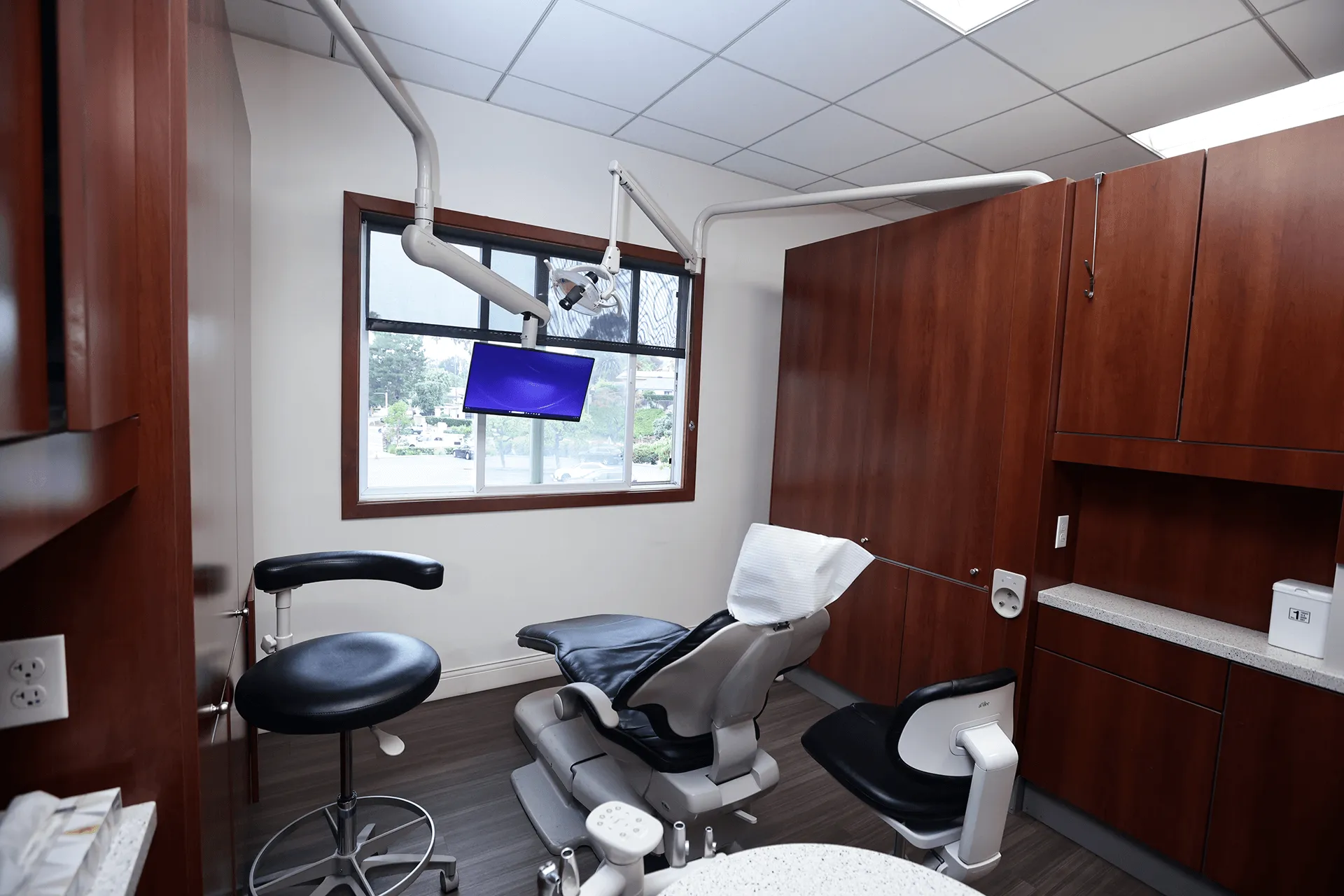
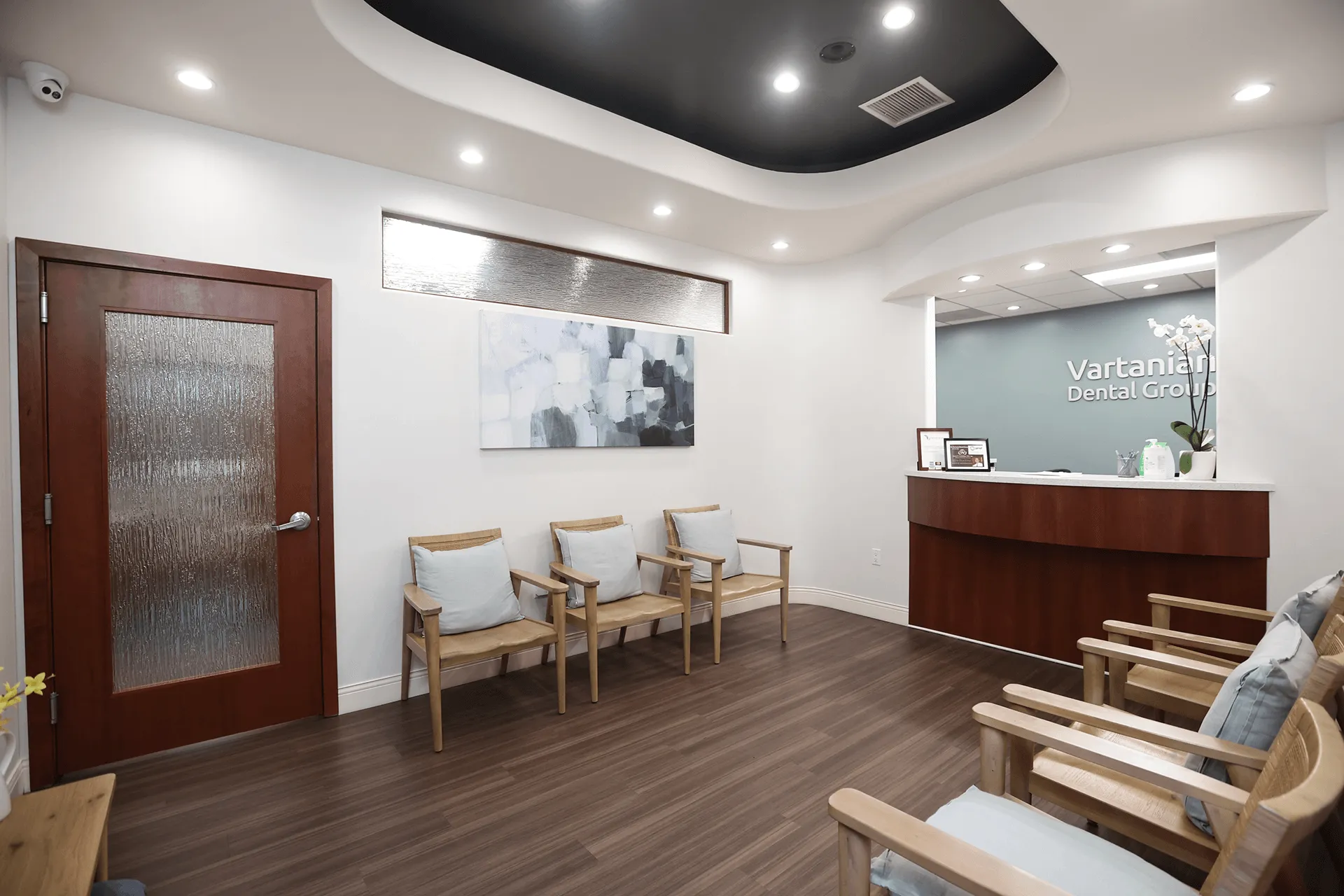



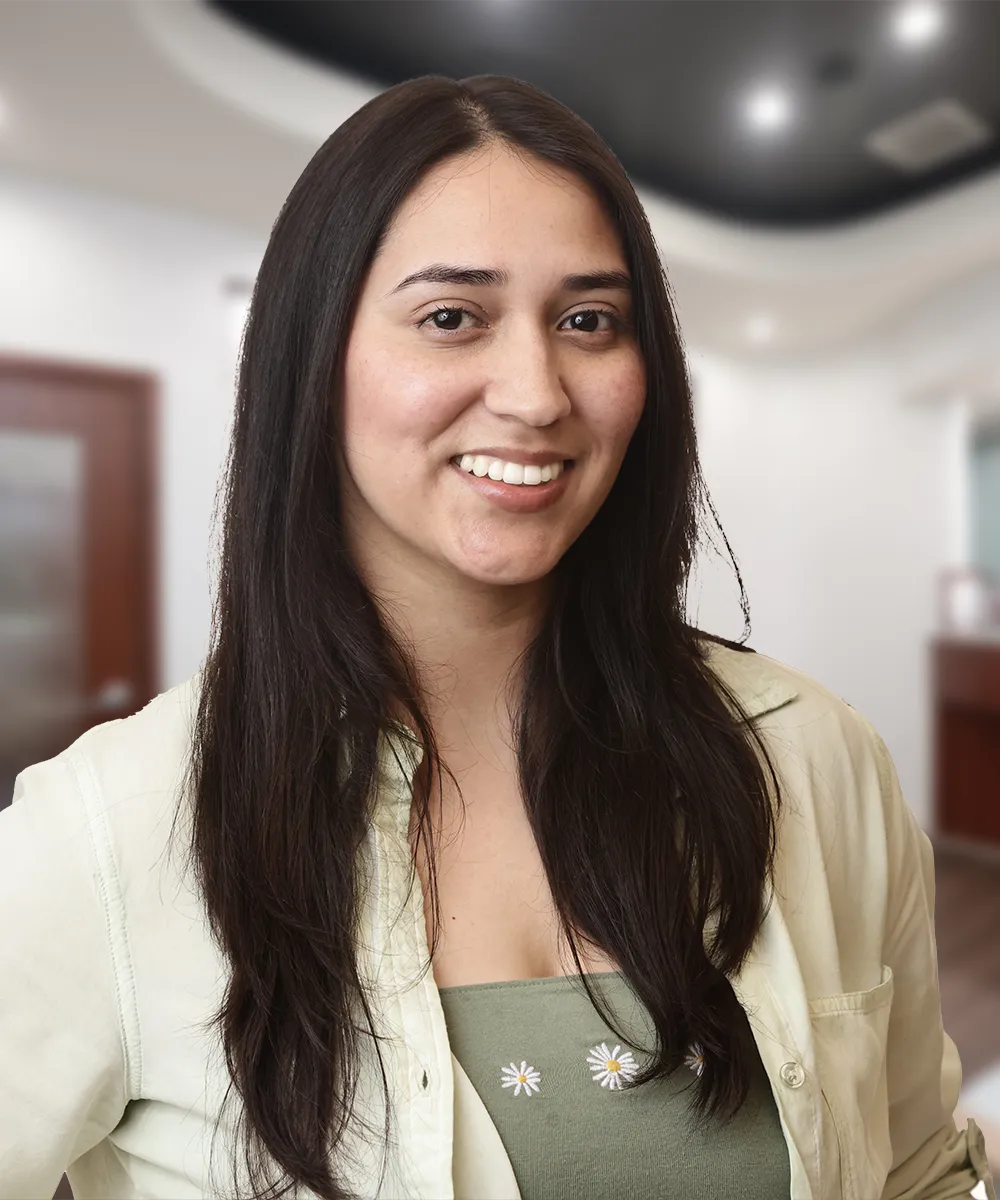
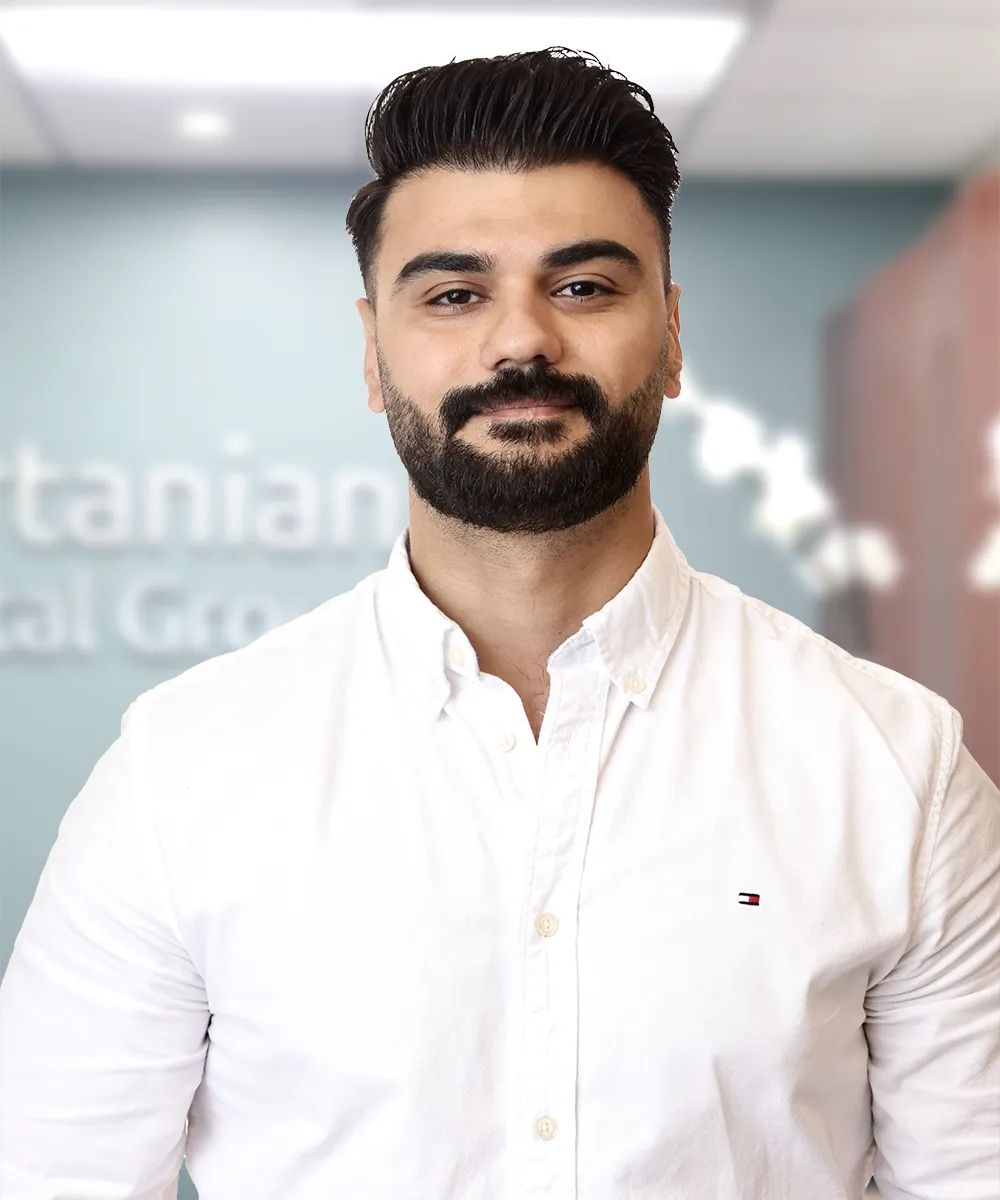
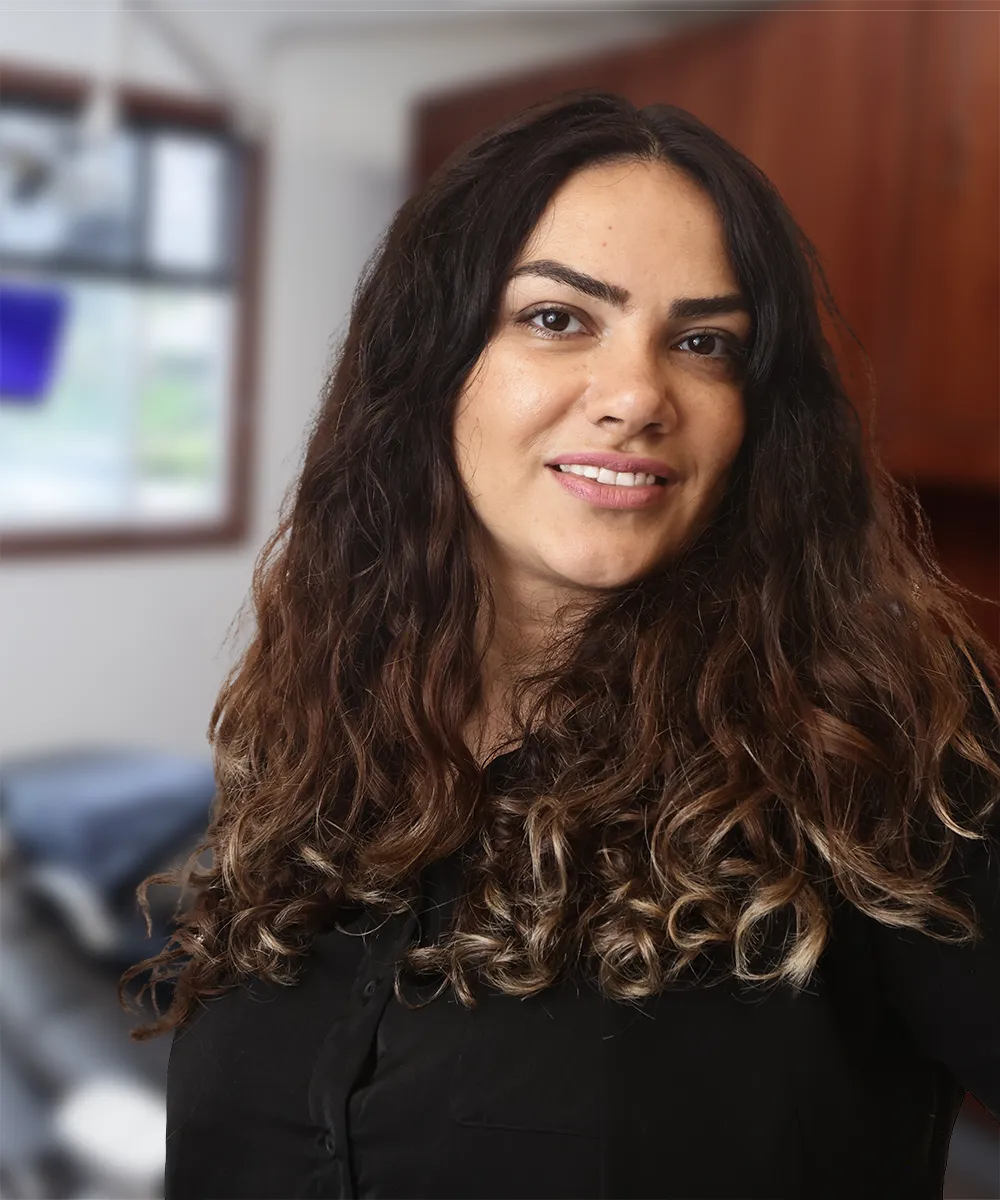

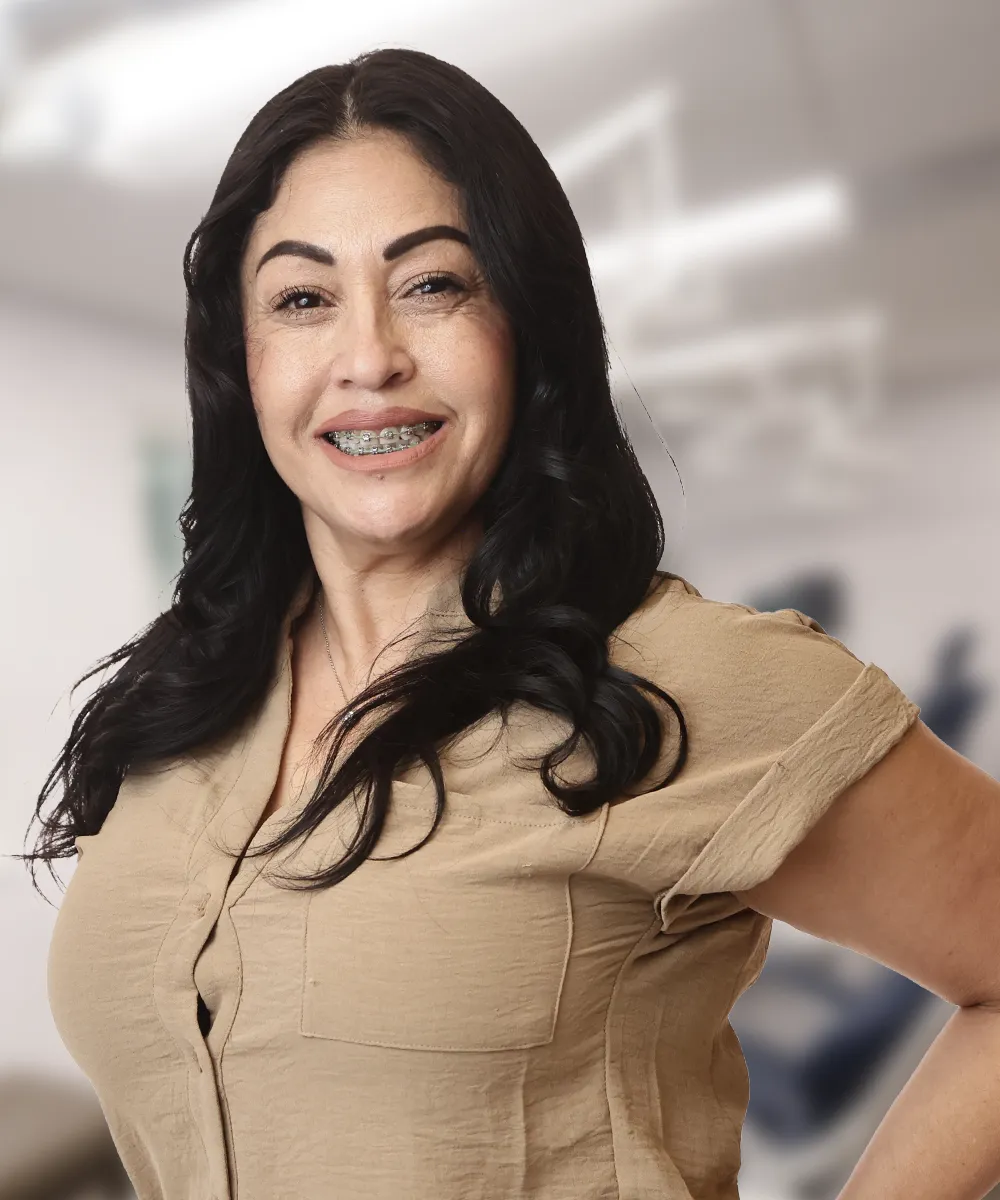
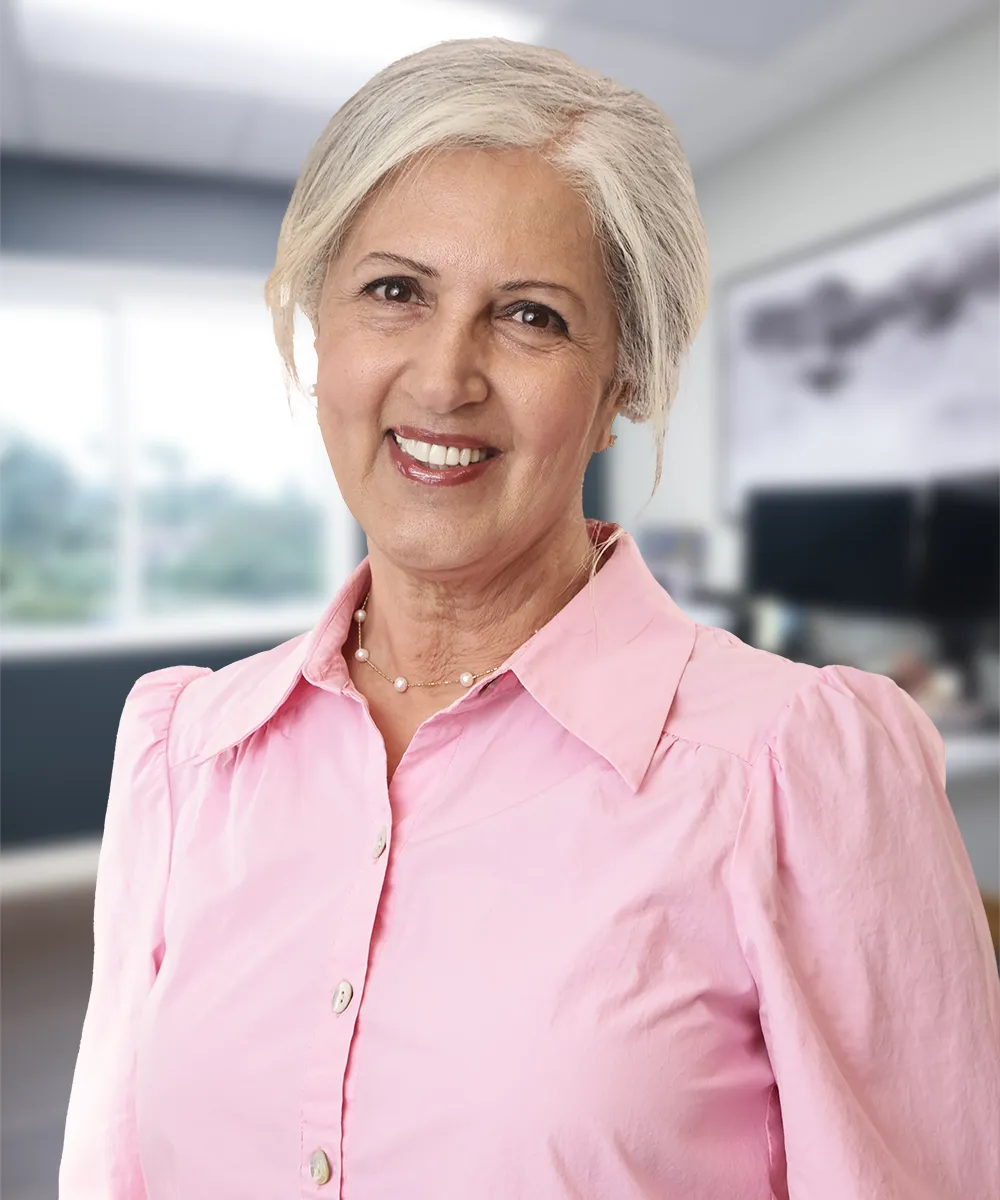





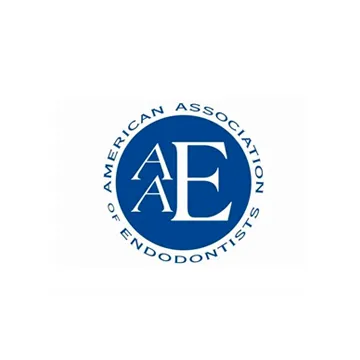

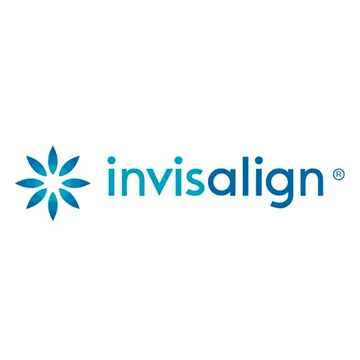
Best smiles Mission Viejo, CA
#VartanianDentalGroup
Check us out and follow our accounts on the following social media platforms for more healthy smiles....